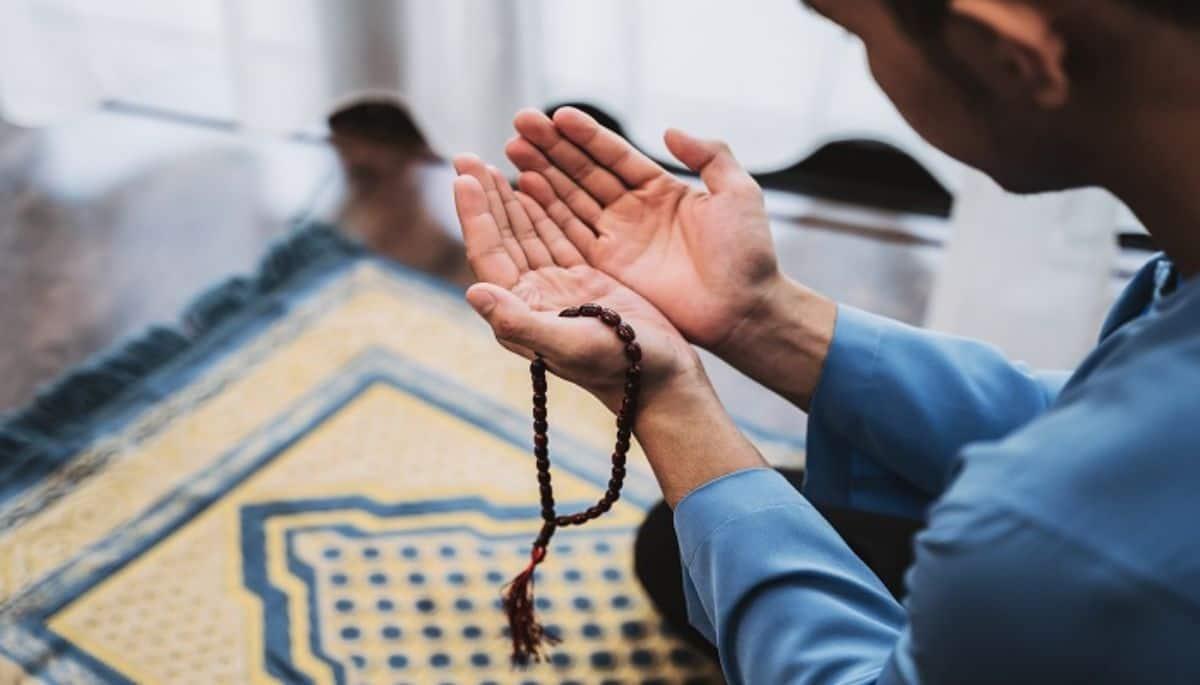
Assam Assembly Ends British-Era Friday Break, Discontinues Namaz Pause; All You Need To Know
Under the old rule, the House sessions were held from 9:30 AM to 2:00 PM on weekdays, except Fridays, when proceedings paused from 11:30 AM to 3:00 PM. Although the rule did not explicitly state that the break was for namaz, it had been utilised by Muslim legislators for decades to offer prayers before rejoining the session.
'I bow my head and apologise': PM Modi on Shivaji statue collapse in Maharashtra (Watch)
Speaker Biswajit Daimary, who raised the issue, argued that in accordance with the secular principles of the Indian Constitution, the Assembly's proceedings on Fridays should be conducted like any other day. The proposal to amend the rule was unanimously approved by the House's rules committee, and a motion to implement the change was adopted.
With Friday marking the conclusion of the Assembly's autumn session, the new rule will take effect from the next winter session.
Assam Chief Minister Himanta Biswa Sarma praised the decision on social media platform X, highlighting that the Assembly had "prioritised productivity" by shedding "another vestige of colonial baggage" with the abolition of the two-hour 'jumma' (Friday) break. He noted that the practice was initially introduced in 1937 by Syed Saadulla of the Muslim League.
'No response from your end': West Bengal CM Mamata Banerjee writes again to PM Modi on rape cases
However, the decision has drawn criticism from some quarters. A Muslim MLA from the All India United Democratic Front (AIUDF) questioned the necessity of altering a long-standing tradition. He suggested that the move by the BJP-led government under Chief Minister Sarma was politically motivated, aiming to target the Muslim community ahead of the 2026 Assembly elections.
Legal Disclaimer:
MENAFN provides the
information “as is” without warranty of any kind. We do not accept
any responsibility or liability for the accuracy, content, images,
videos, licenses, completeness, legality, or reliability of the information
contained in this article. If you have any complaints or copyright
issues related to this article, kindly contact the provider above.

















Comments
No comment